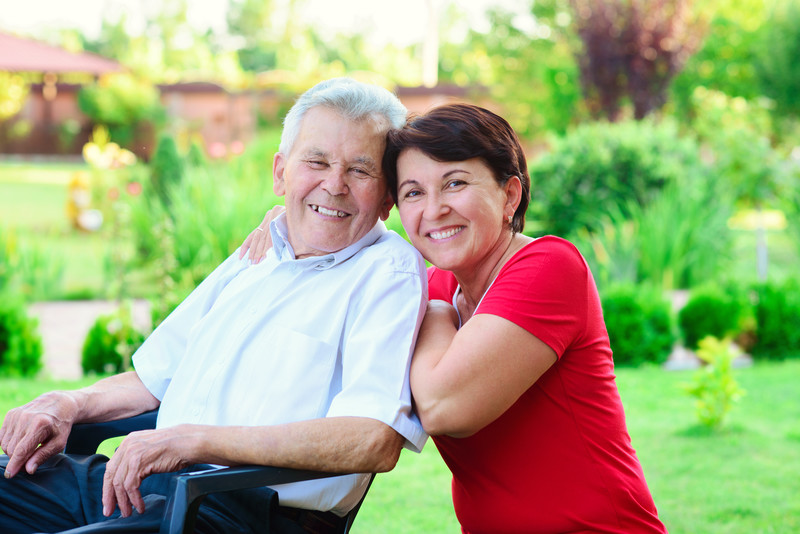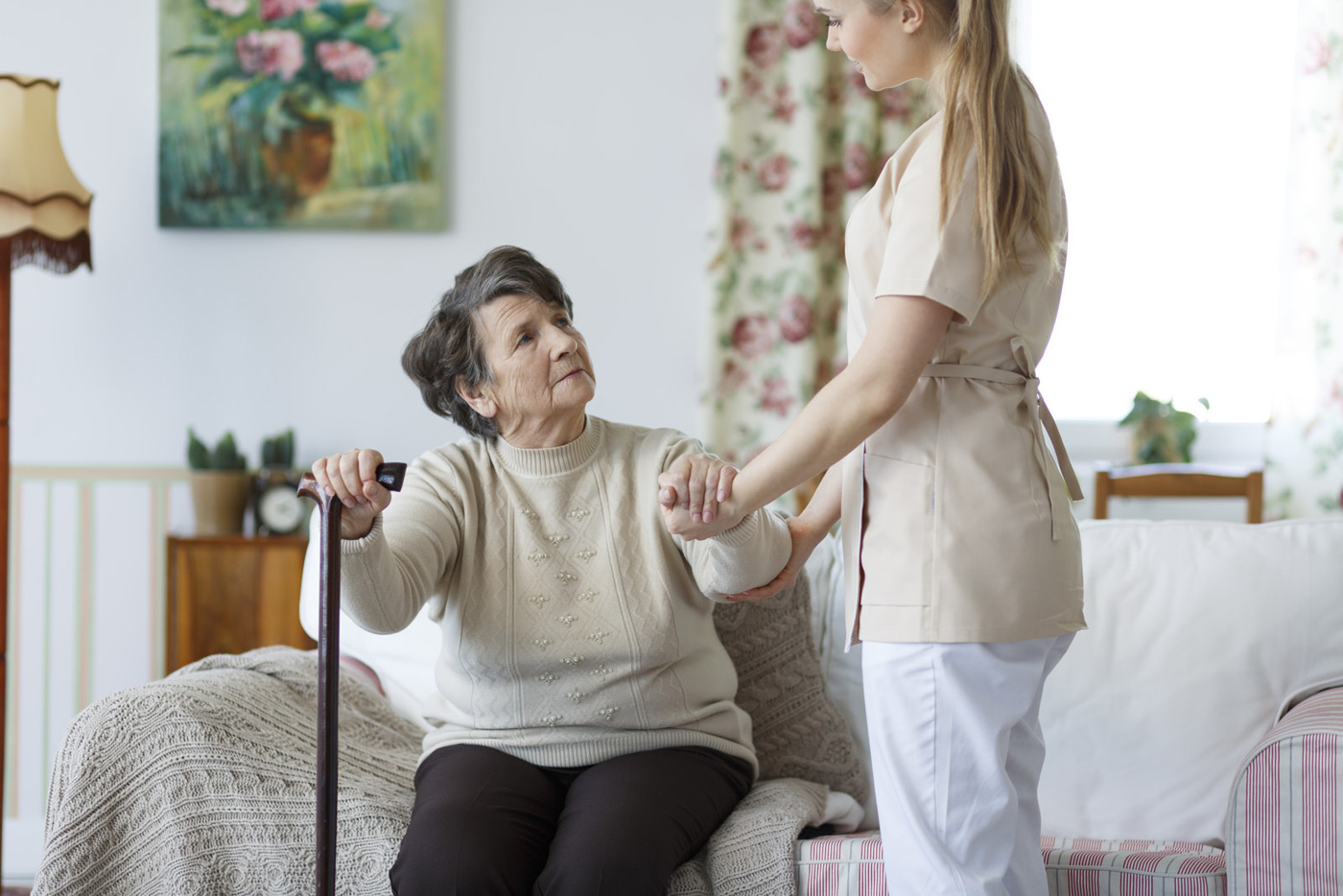Diabetes is a defect in the body’s ability to convert glucose (sugar) to energy. Glucose is the main source of fuel for our body. When food is digested it is changed into fats, protein, or carbohydrates. Foods that affect blood sugars are called carbohydrates. Carbohydrates, when digested, change to glucose. Carbohydrates include: bread, rice, pasta, potatoes, corn, fruit, and milk products. Diabetes patients can eat carbohydrates, but must do so in moderation, as glucose is then transferred to the blood and used for energy. The transfer from the blood into the cells requires. Insulin is produced by the beta cells in the pancreas (the organ that produces insulin).
There are two main types of diabetes:
- TYPE 1 DIABETES: occurs most frequently in children and young adults, although it can occur at any age. It accounts for 5-10% of all diabetes in the United States. There does appear to be a genetic component to Type 1, but the cause has yet to be identified. Type 1 requires injected insulin replacements. Balancing insulin with food intake and physical activity is key. Work with a diabetes educator, and stay in the care of a diabetes team to assist you.
- TYPE 2 DIABETES treatment will vary dependent on your blood sugar levels. Many patients are counseled to change their lifestyle and lose weight. It is important to work with a diabetes educator and dietitian. Treatment begins with changing certain food choices and beginning an exercise program. This is a progressive disease, and the treatment may change over time.
Symptoms
The diagnosis of diabetes is made by a simple blood test measuring your blood glucose level.
People with Type 2 diabetes may hear their condition described as “mild” but this is not a fair descriptor. Both forms and all stages of diabetes are serious, with many possible complications, including eye, heart, kidney, and nerve damage.
As yet, there is no “cure” for either type of diabetes, although there are many ways of keeping it under control. Treatments are designed to help the body to control the sugar levels in the blood. Studies have shown that controlling blood sugar is the key to avoiding diabetic complications.
Specialization
Look for a general medical doctor with a great deal of experience in diabetes.
Preparation
Keep an updated list of symptoms that are reoccurring such as:
- Exceptional thirst
- Dry mouth
- Frequent urination
- Loss of weight
- Weakness or fatigue
- Blurred vision
- Cuts or sores take a long time to heal
- Itching skin or yeast infections
- Leg pain
Evaluation
Finding a doctor that will support you long term is key. Ask your doctor:
- Who is the best diabetes specialist you know; if not you?
- Have you published any articles/stories on this subject matter specifically?
- Get a recommendation of a support group.
- Ask for referrals.















